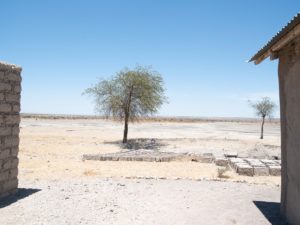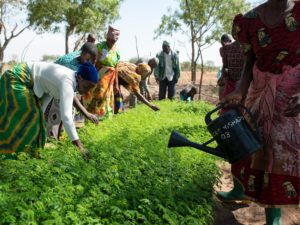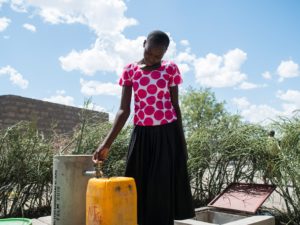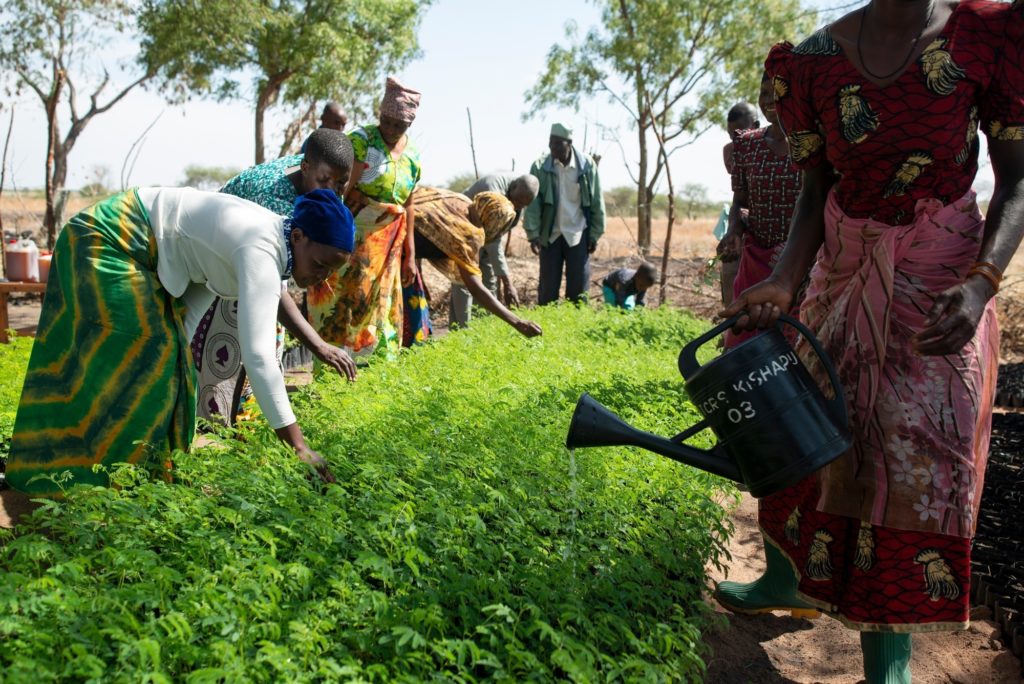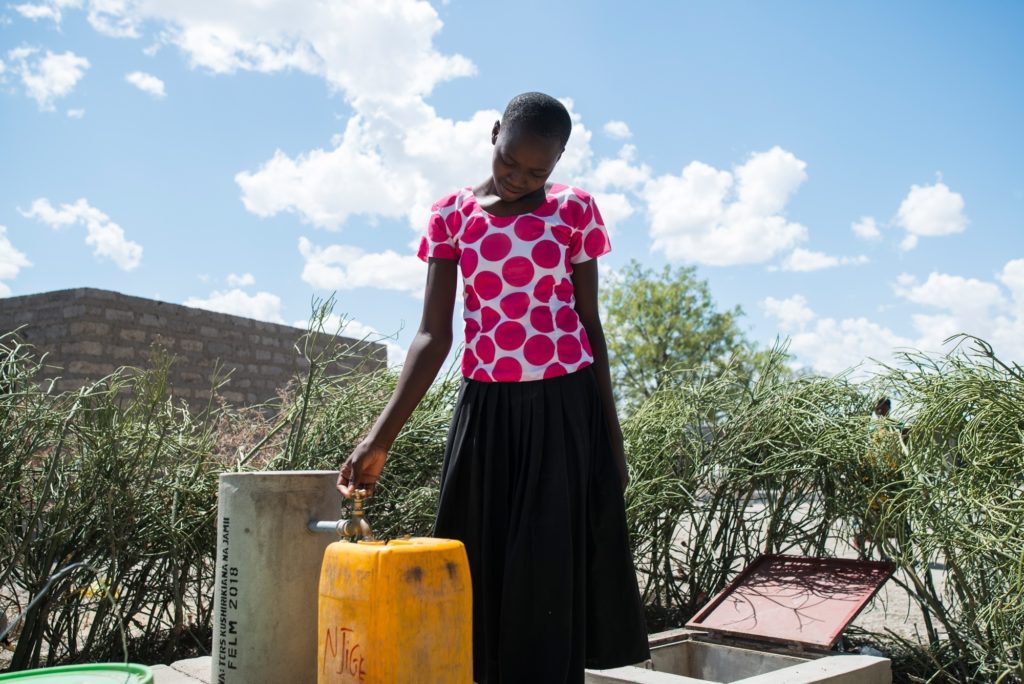
Tanzania is an East African state with a population of over 53 million and more than 120 ethnic groups. Measured by the Human Development Index, Tanzania is one of the world’s fastest developing countries. Still, it is among the least developed countries in the world and many Tanzanians live below the poverty line. About 75% of the population earn their living from subsistence agriculture and forestry. Some of the main challenges are rapid population growth and insecure land tenure. The most vulnerable groups include people living with disabilities, girls, women and pastoralists.
Implementing partner: The Evangelical Lutheran Church of Tanzania / Tumaini University Makumira (TUMA)
Project description
Community secondary schools in Meru District function with scarce resources in a challenging environment. The results of the students in national Form 4 examinations are low, classes are large, and teaching and learning facilities are limited. These schools do not have enough qualified teachers in mathematics and science subjects, and they face problems in using English as the medium of instruction. Implementing a learner-centered participation teaching approach is a challenge, as well as identifying and addressing learning difficulties.
The project development goal
The vulnerable group identified and addressed by the PITA project are the students of Meru District community secondary schools – both girls and boys. The expected impact is that children and youth at risk of marginalisation learn life skills needed for a responsible adulthood.
Examples of key activities
The PITA project of Tumaini University works with secondary schools, improving the quality of teaching and teacher training. The method is to arrange training seminars and practical workshops to university staff and secondary school teachers, and to put the acquired knowledge into practice in supported class room sessions. Learning difficulties and learning disabilities will also be addressed, and cooperation between students and parents strengthened.
Implementing partner: Tanganyika Christian Refugee Service (TCRS)
Project description
According to the ILOSTAT database (2021), 65% of all employed Tanzanians work in the agricultural sector. World Food Programme states, that Tanzania is considered largely self-sufficient in food production, but at the same time the agricultural field is dominated by small-scale farmers and challenges in increasing the farmer’s production and access to market have resulted in food insecurity in the rural areas of Tanzania. Especially the most poorest and the marginalized people lack access to food. Human Development Index HDI report (2019) places Tanzania in the low human development category with the score of 0.529, underlining the multi-dimensional challenges Tanzania faces in economic and social levels.
The project development goal
Kilwa, Morogoro and Kishapu vulnerable and marginalized communities are resilient with sustained livelihood amid climate change effects.
Examples of key activities
- Agricultural and other trainings at community and civil service level
- Microbanking training
- Linking to the market
- Support for applying for certificates
- Information events
- Establishment of Risk Assessment Committees
- Support for officials in dissemination of relevant material
Implementing partner: Tanganyika Christian Refugee Service (TCRS)
Project description
Forest degradation activities have been growing in most parts of the district where human socioeconomic activities contribute much on loss of biodiversity. The activities which threaten vegetations and forests are agriculture expansion, charcoal burning, fuel wood collection and livestock grazing. Therefore, this proposal for Small Scale Reforestation Initiative is an effort reverse the current trends of forest degradation thus reduce carbon emissions by restoring vegetation cover in two villages. The two villages have potential resources such as people and land for the forestation activities.
The project development goal
Promote community based forest management through reforestation, use alternative source of energy and forest governance. Ensuring poor benefit and are not further disadvantaged and are able to control forest product leakage through alternative livelihoods.
Examples of key activities
- Facilitate group members to manage tree nurseries.
- Supply tree seedlings (fruits and normal trees) for planting into reforestation area, household, schools and dispensaries.
- Promotion of alternative source of energy – saving stoves and Solar Disinfection System (SODIS) for drinking water treatment.
- Train village leaders and environment group on climate change and participatory forest management.
- Organize tree planting campaigns with decision makers (government and political leaders).
- Support demarcation of reforestation area.
